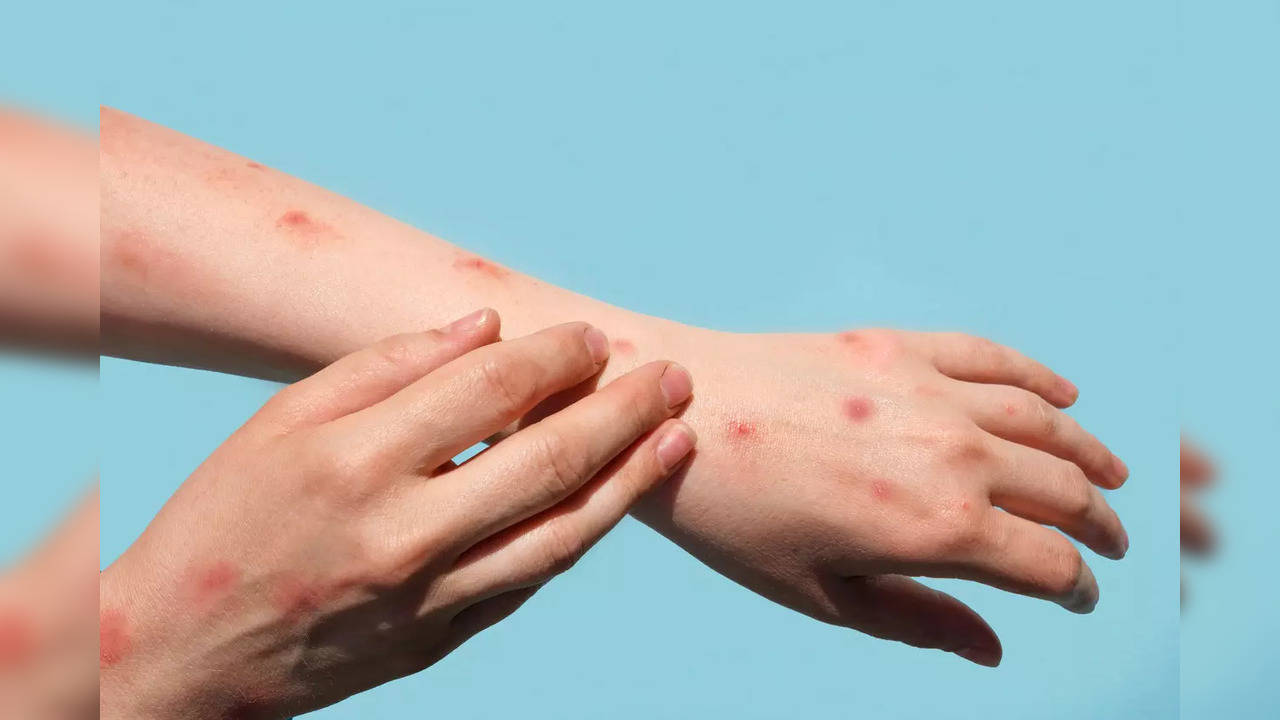India issues travel advisory for international passengers after one confirmed case of Monkeypox virus
India has issued a travel advisory for international travelers after one confirmed case of the Monkeypox virus was detected in Kerala. As per the guidelines, international passengers should avoid close contact with sick people, and stay away from dead animals.

India issues advisory for international passengers after one confirmed case of Monkeypox virus
New Delhi: A Day after one confirmed case of the Monkeypox virus, the Indian government issued guidelines for the management of the disease.
As per the advisory issued by the Ministry of Health and Family Welfare, international passengers should avoid any close contact with sick people, including those with skin lesions or genital lesions. It has also been advised to stay away from live or dead animals, including small mammals, rodents, and non-human primates like monkeys and apes.
The guidelines come as a man in Kerala who returned from the UAE tested positive for the virus on Thursday. The government has already sent a team comprising experts from the National Centre for Disease Control to assist the state.
The advisory also asks the travelers to avoid eating or preparing meat from wild animals and have no contact at all with contaminated materials like clothing, bedding, etc. used by sick people.
The ministry has asked anyone with Monkeypox-like symptoms, like fever and rash, to consult the nearest health facility, if they were in an area where the condition was reported or was in contact with a person that might have had Monkeypox.
The Centre also asked states to keep an eye on proper screening and testing measures for people at all entry points as a step towards preparing for the diagnosis and prevention of the disease.
The virus causes fever symptoms besides distinctive bumpy rashes. That is usually manageable, though one of two strains is more dangerous. The Congo strain causes death in up to 10 per cent of the patients. The West African strain is milder, with a fatality rate of around 1 per cent.
Trending:
End of Article
Subscribe to our daily Lifestyle Newsletter!
Related News





Dental Implants Leaves Woman With 'Worst Bruising Ever'

H5N1 Bird Flu Is Found In Milk For The First Time In “Very High Concentrations”; WHO Warns

Common Cancer-Causing Carcinogens In Your House You Should Be Wary Of

Odisha Reports First Sunstroke Death As Temperature Crosses 44 Degrees Celsius; Ways To Protect Yourself

Rubbing Your Eyes? Experts Warn Of Potential Eye Damage Risks








